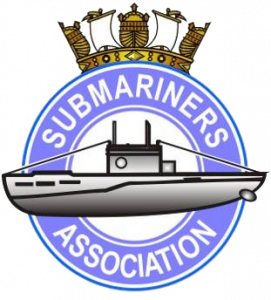Stoker 1st Class
Thomas Henry Pollington
STONE
Royal Navy
31
Thomas was born on 9 November 1886 in Watford. His parents were Thomas Edmund Stone [born Aldsworth, Gloucestershire 1864] who was a plumber, and Ellen née Parish, born Watford, Hertfordshire 1865. He had three siblings, Joseph Edmund MC 1888-1970, Arthur Leslie 1891-1958 and Margaret Evelyn Gilpin née Stone 1893-1981.
In 1901 Thomas was an Ironmonger’s apprentice, and by 1907, a painter. He enlisted in the Royal Navy, and, on 23 October 1907, joined HMS NELSON, a NELSON class armoured cruiser launched in 1876, which became a training ship in 1902, as a Stoker Second Class. In March 1908 he joined HMS HECLA, and was soon advanced to Stoker First Class with his first experience of working on a depot ship, which was serving as a base for destroyers and a mobile training school for torpedomen. HMS HECLA was equipped to carry mines and torpedoes and also served as a mothership to six 2nd-class torpedo boats. He then served in HMS COCHRANE, ASSISTANCE, and VICTORY II, for relatively short periods.
He was transferred to HMS DOLPHIN in November 1912, which was a shore-based submarine depot ship. The following year, on 21 March 1913, he found time to marry Louisa McLeod in Dundee. Scotland; they had no children.
He then worked his way through six depot ships, HMS VULCAN 4 times, ALECTO, FORTH, MAIDSTONE and HEBE, before finally transferring to the depot ship HMS PLATYPUS on 27 March 1917, for the submarine HMS D6 as a Stoker I, based out of Harwich. Having spent six years on depot ships, he must have gained quite intimate knowledge of life, work, and tension, aboard a submarine.
By this stage in the development of submarines, the term Stoker was not someone who shovelled coal into a steam engine. On D-class submarines during World War I, stokers were primarily responsible for operating and maintaining the engines and machinery, including the ballast tanks. They handled the operation and upkeep of the diesel engines and electric motors used for propulsion, as well as the valves for flooding and blowing ballast tanks.
Thomas Stone lost his life when D6 was sunk by the German U-Boat UB73 on 24 June 1918. He is commemorated on the Portsmouth Naval Memorial on Panel 30.



